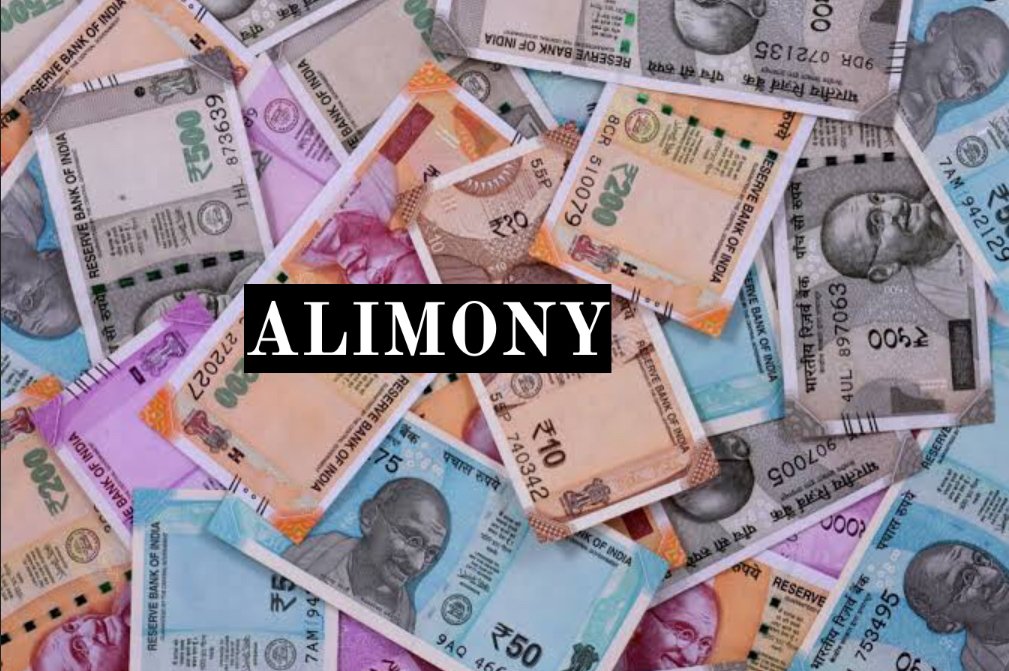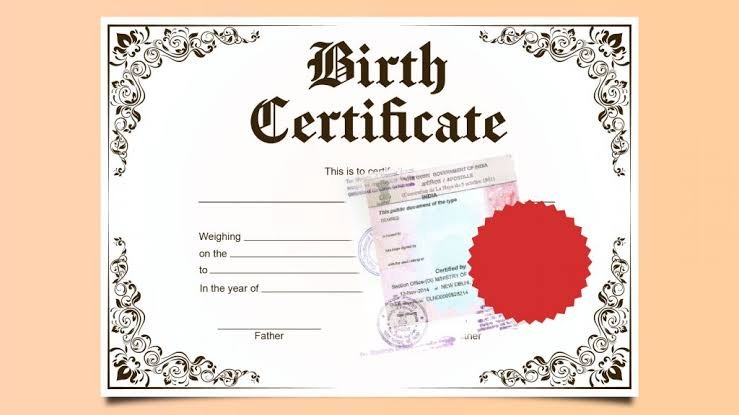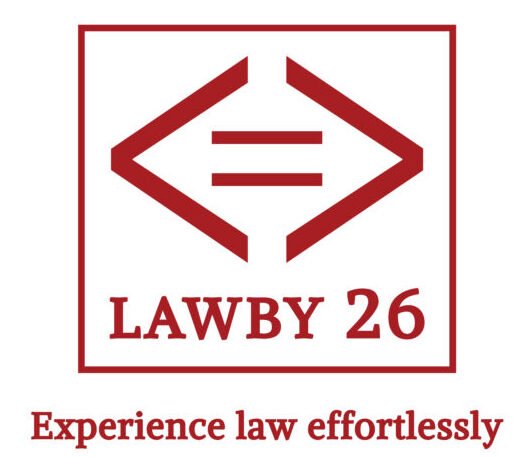Should women pay alimony to their husbands?

● Permanent alimony is provided by the Court to the husband or even to the wife for his or her support and maintenance. (Section 25 of the Hindu Marriage Act) ● If the husband is disabled and is unable to earn and the wife is earning, then the Court grants the wife to pay alimony to the husband. ● To seek alimony from his wife, the husband has to establish that he is permanently unable to earn income due to his disability. ● In Rani Sethi vs Sunil Sethi The Court ordered the wife to pay an amount of Rs 20000 as monthly maintenance and an additional amount of Rs 10000 as litigation expenses. ● A Husband capable of raising funds, isn’t able to get any employment in spite of his effort made is not a mere ground to get alimony from his earning wife. If so, the idleness of husbands will be promoted and they will be tempted not to do any work and depend on the wife for their livelihood, and such a thing is not expected to be promoted in the society. (V. M Nivya v N. K Shivaprasad) ● 25% of the husband’s net salary would be just and proper to be awarded as maintenance to the respondent-wife. The amount of permanent alimony awarded to the wife must be befitting the status of the parties and the capacity of the spouse to pay maintenance. Maintenance is always dependant on the factual situation of the case and the Court would be justified in moulding the claim for maintenance passed on various factors. (Kalyan Dey Chowdhury Vs Rita Dey Chowdhury) ● Section 24 entitles both husband and wife to claim maintenance during litigation on showing that he/she has no independent source of income. For which, the husband has to satisfy the Court that either due to physical or mental disability he is handicapped to earn and support his livelihood. Only because the husband’s business had closed down, he cannot seek maintenance from his wife. (Kanchan v. Kamalendra.)
Who will get the custody of a child after divorce?

Custody of child after divorce Custody refers to the legal right to keep and look after a child, especially the right given to a child’s mother or father after their divorce. Law on Custody of a child is based on different Personal Laws such as the following: ● Hindu law-○ Hindu Marriage Act, 1955.○ Special Marriage Act,1954.○ Hindu Minority and Guardianship Act, 1956. ● Christian Law-○ Divorce Act 1869. ● Parsi Law-○ Guardians and Wards Act, 1890. In case of Hindu child, the custody is determined under The Hindu Minority and Guardianship Act, 1956 and The Guardians and wards Act, 1890.○ The custody of a minor who has not completed the age of five years shall ordinarily be with the mother. (Meenakshi v. State of U.P.)○ In the case of a boy or an unmarried girl above the age of 5 years the custody vests with the father, and after him, the mother according to Section 6 of The Hindu Minority and Guardianship Act,1956.○ In the case of an adopted son who is a minor, the custody goes to the adoptive father and after him to the adoptive mother. (Section 7 of The Hindu Minority and Guardianship Act,1956) In case of Muslim Child:● Section 2 in The Muslim Personal Law (Shariat) Application Act, 1937, deals with Application of Personal law to Muslims.● Under Muslim law, guardianship is known as HIZANAT.● Under the Hanafi law in the absence, or on the disqualification, of the mother, the custody of the child, being a male, until he has attained the age of seven years, or being a female, she has attained puberty belongs to○ (1) the mother’s mother;○ (2) the father’s mother;○ (3) the mother’s grandmother how high-soever;○ (4) the father’s grandmother how high soever;○ (5) the full sister and○ (6) the uterine sister. ● There are two types of guardianship over a minor:○ Wilayah or guardianship of the property and education and marriage of the ward○ Hizanat or guardianship over the rearing and bringing up of the child. (Akbal Ahmd vs Jamila Khatoon and Another) ● Under Christian law, custody of children is dealt under section 41-44 of the divorce Act, 1869.● The secular legislation that allows courts to determine custody of the child, in conflict upon the parties, is the Guardians and Wards Act,1890● The Court has the power to make an order for appointment of guardian for the welfare of a minor. (Section 7 of the Guardians and Wards Act,1890)● Matters to be considered by the Court in appointing guardian as per Section 17 of the Guardians and Wards Act, 1890, are as follows:○ Law to which the minor is subject, appears in the circumstances to be for the welfare of the minor.○ In considering the welfare of the minor, the Court shall have regard to the age, sex and religion of the minor, the character and capacity of the proposed guardian and his nearness of kin to the minor, the wishes, if any, of a deceased parent, and any existing or previous relations of the proposed guardian with the minor or his property.○ The word ‘welfare’ must be taken in its widest sense. The welfare of the child shall also include various factors like ethical upbringing, economic well-being of the guardian, child’s ordinary comfort, contentment, health, education, etc. (Tejaswini Gaud v. Shekhar Jagdish Prasad Tewari)○ If a minor is old enough to form an intelligent preference, the Court may consider that preference. The desire of the child coupled with the availability of a conducive and appropriate environment for proper upbringing together with the ability and means of the concerned parent to take care of the child. (Gaytri Bajaj v. Jiten Bhalla)
Can foreigners own property in India?

● Foreign Nationals of Non-Indian Origin Resident cannot purchase an immovable property in India. ● Citizens of Pakistan, Bangladesh, Sri Lanka, Afghanistan, China, Iran, Nepal, Bhutan, Macau, Hong Kong or Democratic People’s Republic of Korea (DPRK), irrespective of their residential status, cannot, without prior permission of the Reserve Bank, acquire or transfer immovable property in India. (Section 4(b) of Foreign Exchange Management (Acquisition and Transfer of Immovable Property in India) Regulations, 2018.) ● Foreign Nationals of Non-Indian Origin Resident in India (except 11 countries listed above) can acquire immovable property in India in the form of lease not exceeding five years. ● And can acquire immovable property in India by way of inheritance from a resident. (Section 9 of Foreign Exchange Management (Acquisition and Transfer of Immovable Property in India) Regulations, 2018.) ● Non-Indian or an Overseas Citizen of India, who is a spouse of a Non-Resident Indian or an Overseas Citizen of India may acquire one immovable property (other than agricultural land/ farm house/ plantation property), jointly with his/ her NRI/ OCI spouse with a precondition that their marriage should have been registered and subsisted for a continuous period of not less than 2 years (section 6 of Foreign Exchange Management (Acquisition and Transfer of Immovable Property in India) Regulations, 2018). ● Section 3 deals with Acquisition and Transfer of Property in India by a Non-Resident Indian or an Overseas Citizen of India:- An NRI or an OCI may acquire immovable property in India other than agricultural land/ farm house/ plantation property:
What is the legal drinking age in India?

Entry 8 of the State List under 7th Schedule of the Constitution of India deals with the following:● Intoxicating liquors, that is to say, the production, manufacture, possession, transport, purchase and sale of intoxicating liquors. Hence it is a subject matter of the states to make laws governing the sale and purchase of alcohol. Therefore, the legal age for purchasing alcohol is different from state to state. Must be a minimum of 25 years old in the following states● Haryana● Chandigarh● Meghalaya● Punjab Must be a minimum of 23 years old in the following states: (Sec 15B of the ABKARI Act)● Kerala Must be a minimum of 21 years old in the following states:● Andhra Pradesh● Assam● Chhattisgarh,● Dadra and Nagar Haveli● Daman and Diu● Jammu and Kashmir● Jharkhand● Karnataka● Madhya Pradesh● Orissa● Tamil Nadu● Telangana● Tripura● Uttar Pradesh● Uttarakhand● West Bengal Must be a minimum of 18 years old in the following states:● Andaman Nicobar Islands● Himachal Pradesh● Mizoram● Puducherry● Rajasthan● Sikkim● Goa Alcohol BANNED in the following states:● Mizoram● Nagaland● Bihar● Gujarat● Lakshadweep
PROCEDURE TO ARREST A WOMAN

WomEn accused are subjected to special treatment during arrest: 1. Women Accused can only be arrested in the presence of female Police Officers. (Sheela Barse Vs State of Maharashtra, AIR 1983 SC 378.) 2. The Police officer should arrest the woman without touching her. (A Female officer can touch and arrest, only if the accused does not cooperate with oral intimation of arrest) (Section 46 (1) of CrPC- 2008 Amendment) 3. A Woman accused should not be arrested before sunrise or after sunset. In exceptional cases, A Woman officer can arrest a woman accused anytime, with prior permission of First-Class Judicial Magistrate. (Section 46 (4) of CrPC- 2005 Amendment) 4. Whenever there is a need to search a woman, the search shall be made by another female with strict regard to decency. (Section 51 (2) of CrPC) 5. Medical Examination of Women accused shall be done only by a female Registered Medical Practitioner or in the presence of another female. (Section 53 (2) of CrPC) 6. Women should not be summoned to the police station. The questioning of any such person may be done by the police officer only at the residence of such woman, in presence of a female officer. (Section 160 (1) Cr.PC) 7. Arrested women should be segregated from male accused and kept in separate lockup or separate rooms in the absence of separate lockup. 8. Woman officers should be present in the station as the Interrogation of the female prisoners should only be done in the presence of female officers only. (Sheela Barse Vs State of Maharashtra, AIR 1983 SC 378.)
What if a divorced couple do not want the father’s or mother’s name on the birth certificate application of the child?

● The registration of the births and deaths is governed under the Registration of Births and Deaths Act, 1969. ● The divorced couple cannot change the biological identity of the child by removing either of its natural father or mother’s name in its birth certificate. ● Any entry of a birth or death in any register kept by Registrar is erroneous in form or substance, or has been fraudulently or improperly made, he may, subject to such rules as may be made by the State Government with respect to the conditions on which and the circumstances in which such entries may be corrected or cancelled correct the error or cancel the entry by suitable entry in the margin, without any alteration of the original entry, and shall sign the marginal entry and add thereto the date of the correction or cancellation.(Section 15 in The Registration of Births and Deaths Act, 1969) ● Rule 5 of Tamil Nadu Registration of Births and Deaths Rules, 2000 deals with adoption and prescribes a form. Serial Nos. 7 and 8 relate to the name of the adoptive mother and the adoptive father. ● Hence, the request to delete the biological father’s or mother’s name from the original birth certificate is not legally sustainable since the rules clearly provide for incorporating the name of the adoptive parents separately in Column nos. 7 and 8 as adoptive parents and not as natural parents. ● Adoption does not sever the relationship of the minor with her biological father. ● Only exception to the above is, when the biological father himself renounces his right as father of the minor and consents for the child to be taken by the adoptive father. (Vivek Narendran vs Unknown) ● The minor child is entitled to the legal status of a biological daughter with all the rights of succession and inheritance in respect of the adopted father and a modified Birth Certificate of the minor be issued. ● Articles 7, 8, 16 and 36 of the United Nations’ Convention on Rights of the Child,1959, endorsed by Republic of India on 11th December 1992, deals with the State’s obligation to protect the child’s identity and name by removing unlawful interference. ● It is an unwarranted exercise affecting the rights of the child and amounts to unlawful interference contrary to law. It is the duty of the Court to protect the rights of the innocent child. – (P.V. Balaji Vs. Registrar of Birth and Death, Pondicherry)
How is the alimony amount determined?

Section 25 in The Hindu Marriage Act, 1955 deals with Permanent alimony and maintenance: ● Any Court exercising jurisdiction under this Act may, at the time of passing any decree or at any time subsequent thereto, on application made to it for the purpose by either the wife or the husband, as the case may be, order that the respondent shall pay to the applicant for her or his maintenance and support such gross sum or such monthly or periodical sum for a term not exceeding the life of the applicant as, having regard to the respondent’s own income and other property, if any, the income and other property of the applicant the conduct of the parties and other circumstances of the case, it may seem to the Court to be just, and any such payment may be secured, if necessary, by a charge on the immovable property of the respondent. ● If the Court is satisfied that there is a change in the circumstances of either party at any time after it has made an order under sub-section (1), it may at the instance of either party, vary, modify or rescind any such order in such manner as the Court may deem just. ● If the Court is satisfied that the party in whose favour an order has been made under this section has re-married or, if such party is the wife, that she has not remained chaste, or, if such party is the husband, that he has had sexual intercourse with any woman outside wedlock, it may at the instance of the other party vary, modify or rescind any such order in such manner as the Court may deem just.In the case of Kalyan Dey Chowdhury vs Rita Dey Chowdhury Nee Nandy the Supreme Court held that: ● Following Dr. Kulbhushan Kumar vs. Raj Kumari and Anr , in this case, it was held that 25% of the husband’s net salary would be just and proper to be awarded as maintenance to the respondent-wife. ● The amount of permanent alimony awarded to the wife must be befitting the status of the parties and the capacity of the spouse to pay maintenance. ● Maintenance is always dependant on the factual situation of the case and the Court would be justified in moulding the claim for maintenance passed on various factors.
Is it legal to charge for carry bags?

In the case of Dinesh Parshad Raturi vs Bata India LimitedThe case was concerning a complaint by a consumer who shopped for Rs. 402 in a Bata shop and was charged Rs. 3 for a paper carry bag with the brand name Bata on it.THE DISTRICT CONSUMER DISPUTES REDRESSAL FORUM in CHANDIGARH held the following: ● To provide free carry bags to all customers forthwith who purchase articles from its Shop and stop unfair trade practice i.e., to charge for carry bag; ● To refund to the complainant the amount of Rs.3/- wrongly charged for the paper carry bag; ● To pay Rs.3,000/- to the complainant towards compensation for mental and physical harassment; ● To pay Rs.1,000/- as litigation expenses; ● By way of punitive damages, to deposit Rs.5,000/- in the “Consumer Legal Aid Account” ● The forum held that the complainant was being used as the advertisement agent of the Bata India Limited. Hence, it was Unfair Trade Practice. In the case of Baglekar Akash Kumar vs. More Megastore Retail Limited THE DISTRICT CONSUMER DISPUTES REDRESSAL COMMISSION, HYDERABAD held that, Using the Consumer as advertisement agent at his cost tantamount to Unfair Trade Practice Under Section -2 (1) (r) of the Consumer Protection Act, 1986.The Forum based on this held the following: ● Provide free carry bags to all customers if in case they printed their Company Logo on the carry bags. ● However, the opposite party is at liberty to charge for the plain carry bags, with prior intimation and consent of Consumers and by displaying the information at conspicuous places in the Business premises. ● Pay back Rs.3/- which was charged to the complainant with interest @ 12% p.a. ● Pay Rs.15, 000/- (Rupees Fifteen Thousand only) towards compensation for collecting Rs. 3/- from the complainant for the cost of carry bag having the Company Logo, for which the opposite party utilized the complainant as tool of their Advertisement, which amounts to adoption of Unfair Trade Practice with deceptive nature apart from spurious Acts. ● Pay Rs.1500/- (Rupees Fifteen Hundred only) towards cost of the proceedings.
